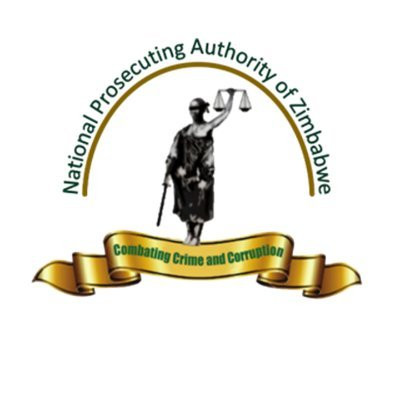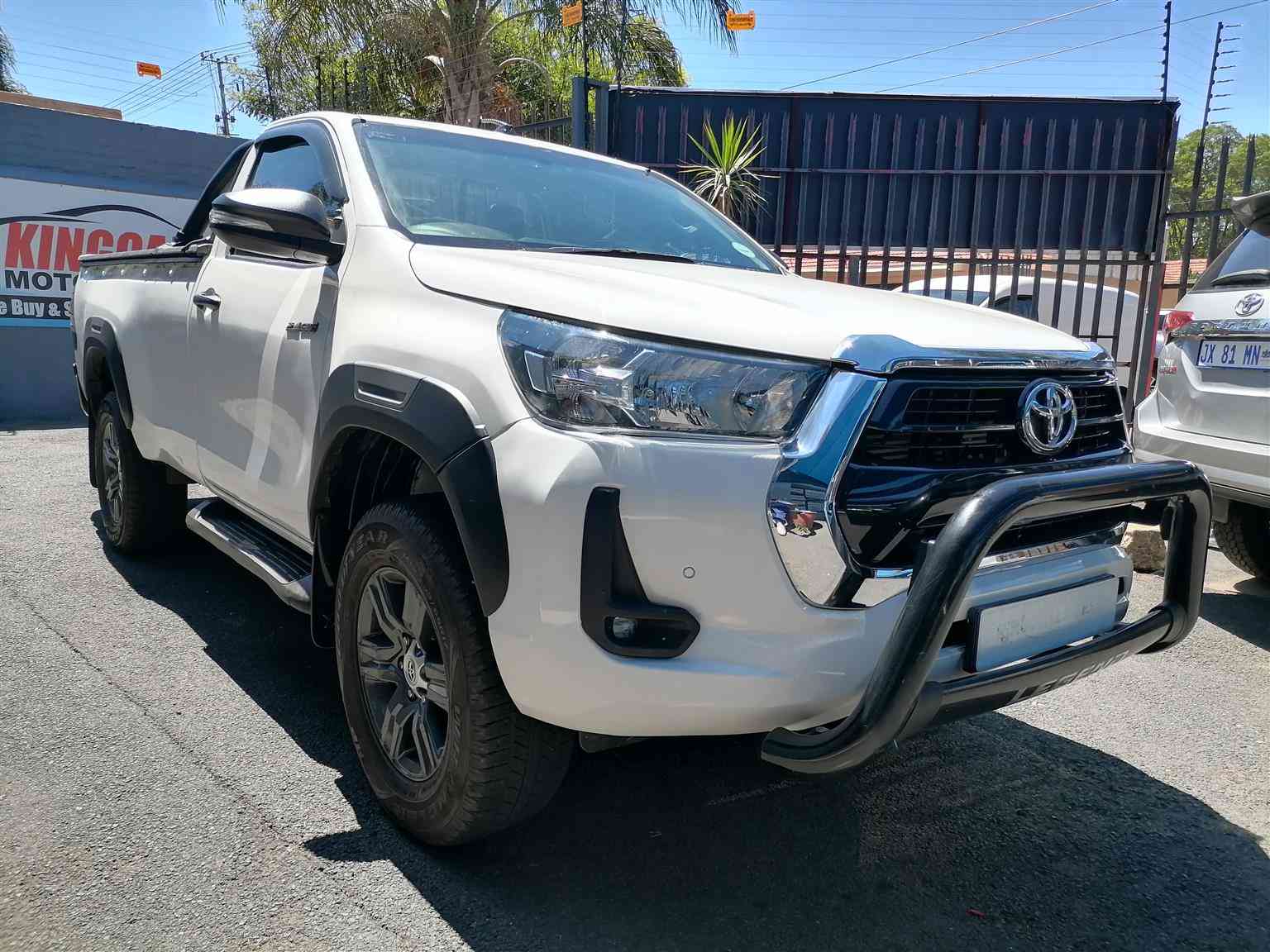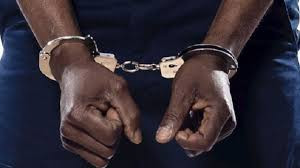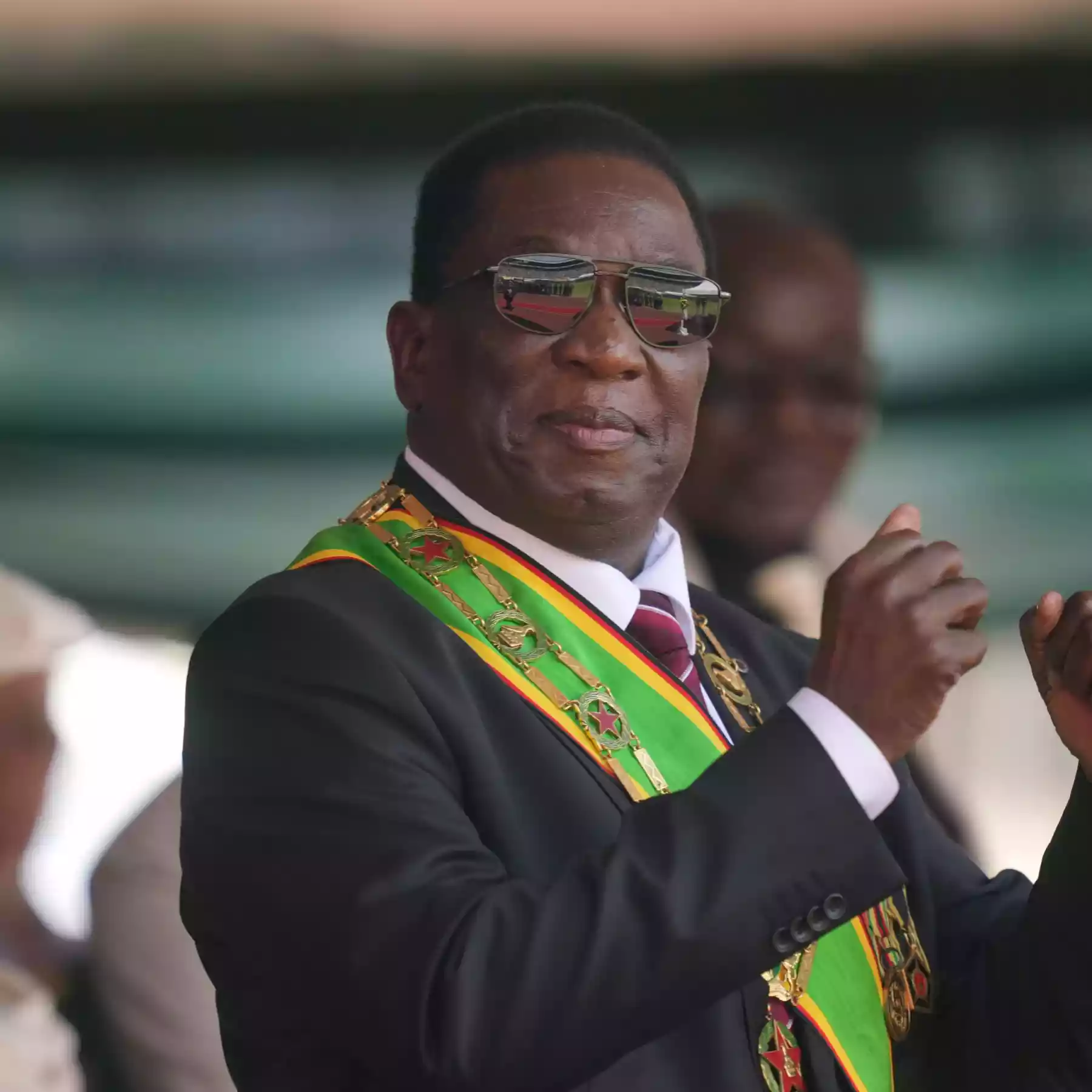
THE National Prosecuting Authority of Zimbabwe (NPAZ) says it is cobbling up measures to protect whistleblowers and witnesses to secure successful convictions in high profile cases involving the influential persons such as politicians.
Acting district public prosecutor Advocate Tafara Chirambira said witnesses form the core part of their prosecution.
Chirambira said NPAZ was using the Criminal Law (Codification and Reform) Act which criminalises interference with witnesses in the absence of an enabling Act to protect whistleblowers.
“We also implore investigative agencies to inform our ground prosecutors on any issues of witness tampering so as to oppose bail as provided for in section 117 of the Criminal Procedure And Evidence Act [Chapter 9:17]. Any witness or informant should at the quickest possible time make it known to the authorities once they feel threatened or exposed,” he said in an interview.
“Without the co-operation of such a witness the NPAZ would find itself attempting to extract water from a rock.”
Chirambira also explained how the NPAZ strives to ensure impartiality and independence when dealing with high profile cases.
“In terms of Section 260 of the Constitution the Prosecutor General (PG) is independent and not subject to the direction nor control of anyone and must exercise her functions impartially without fear, favour, prejudice nor bias,” he said.
“This cascades to all officers under the PG. While cases may appear or seem high profile to the general public the NPAZ looks and deals with the merits of each case not who is involved, what is involved and why.
- Katsimberis application shallow, lacks merit
- NPAZ exposes govt falsehoods peddled at ACHPR
- High Court reinstates Buyanga arrest warrant
- Ruling on Biti's ConCourt referral application set for February 13
Keep Reading
“Simple questions we work with are, has there been a prima facie offence that has been convicted, is there evidence to support the allegation, is it in the public interest to prosecute.”
There is currently no stand-alone whistleblower legislation in Zimbabwe, much less any mechanism specifically aimed at guaranteeing the protection of witnesses.
Over the past decade, civil society in Zimbabwe has advocated the development and adoption of a comprehensive stand-alone whistleblower protection legislation in the country.
Despite some laws prescribing harsh terms of imprisonment of up to 20 years as is legislated in section 3(2) of the Prevention of Corruption Act, many politically connected and influential persons escape sanction through interference in court cases because of their proximity to power.
“Like any other large tree there may be bad apples but these are dealt with swiftly and issues rectified,” Chirambira said.
“As it stands the laws in Zimbabwe are pro accused persons. The onus is on the NPAZ to prove before a competent court a person‘s guilt beyond a reasonable doubt.”
“To us all animals in the animal farm are equal before the law.”










